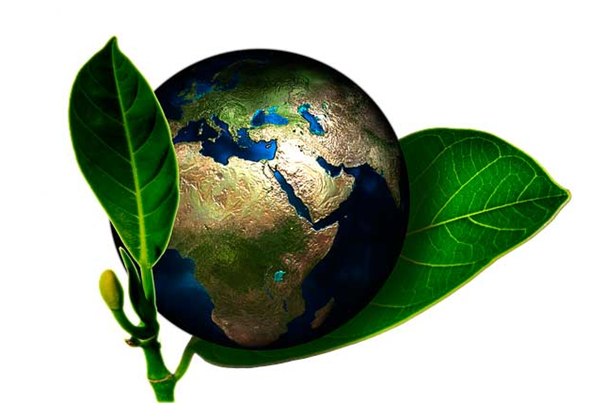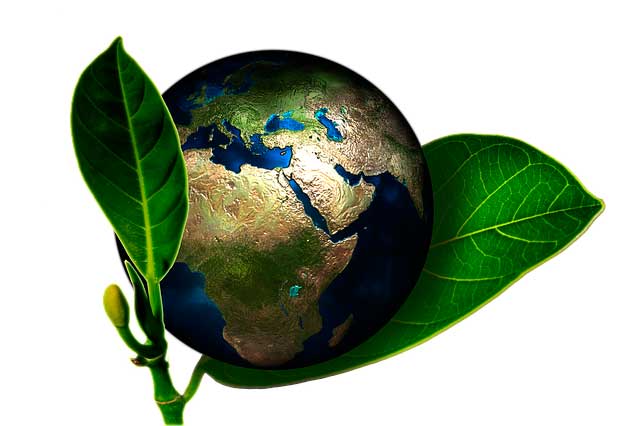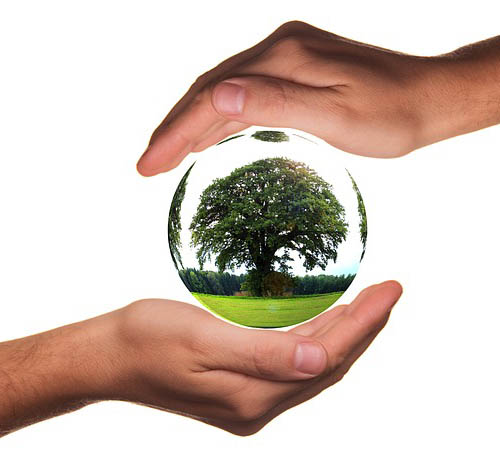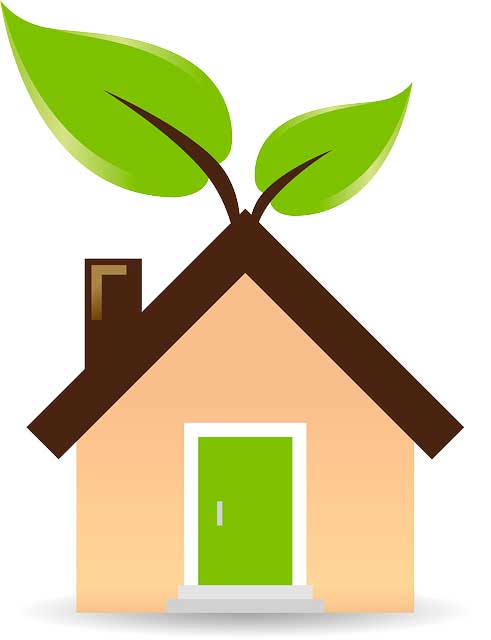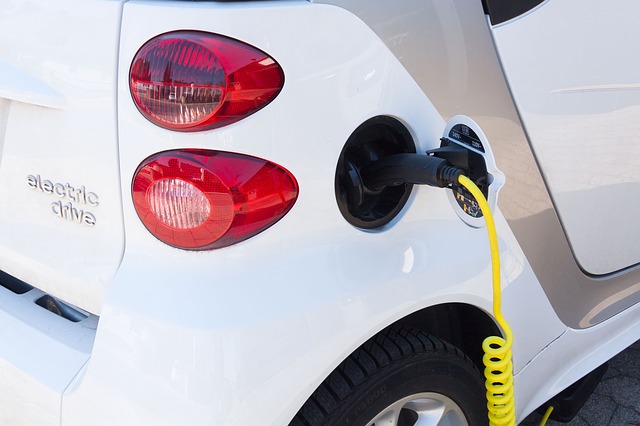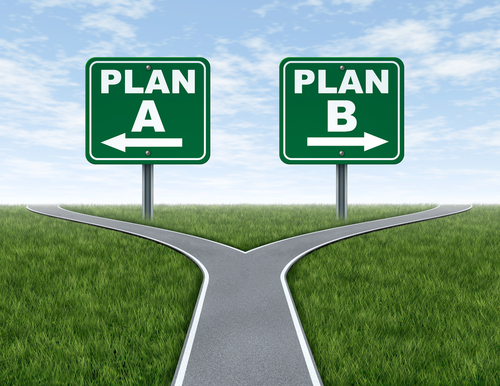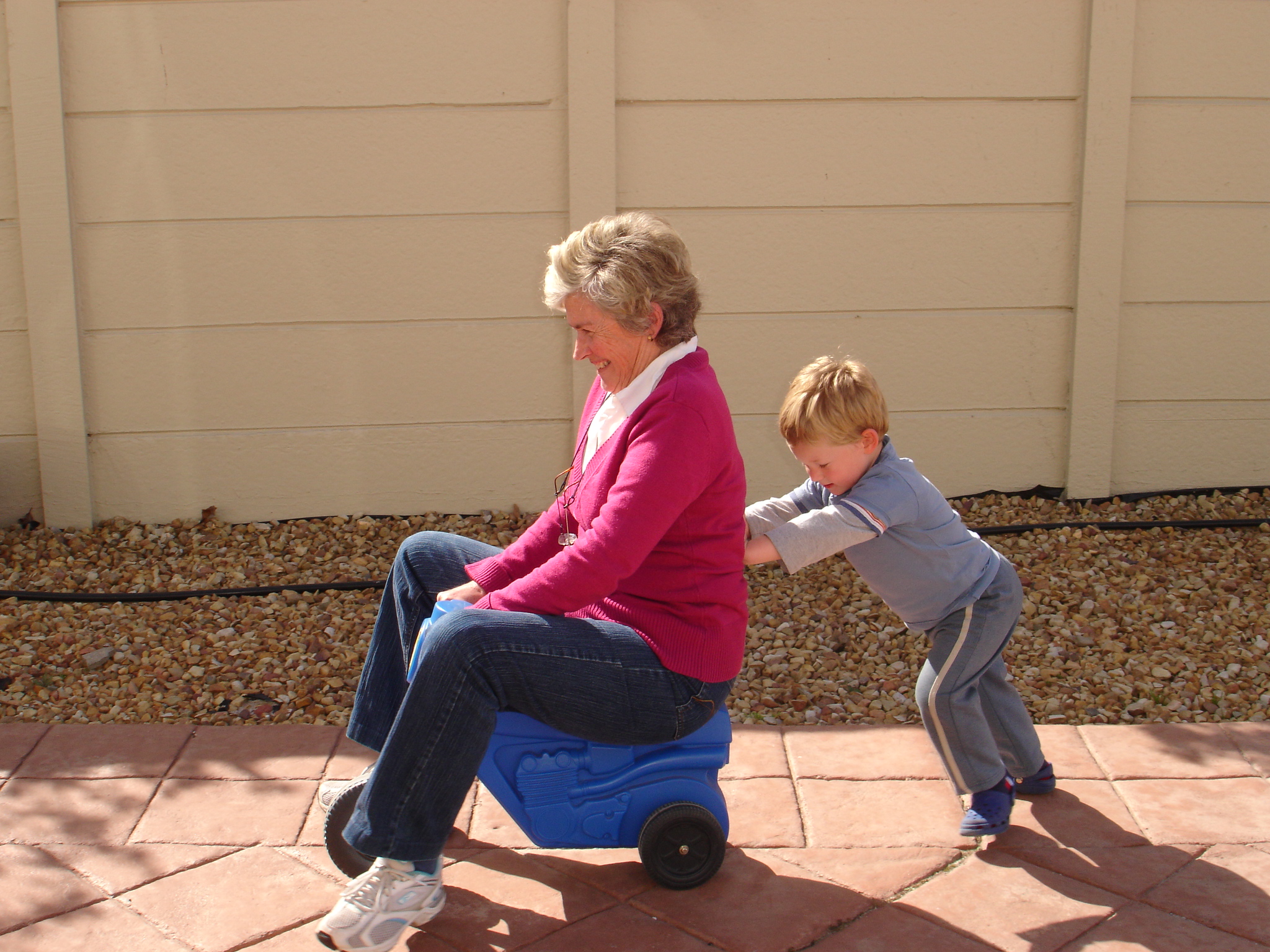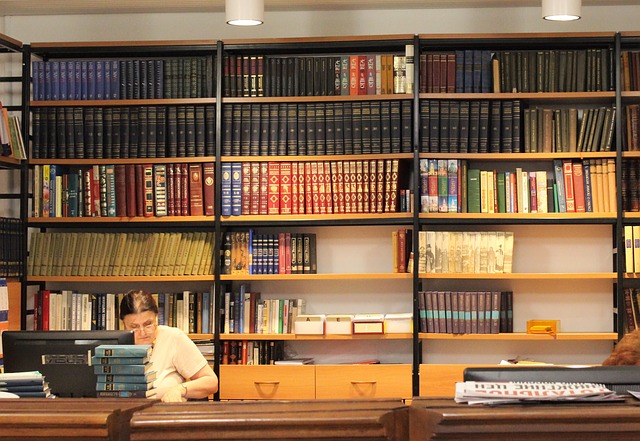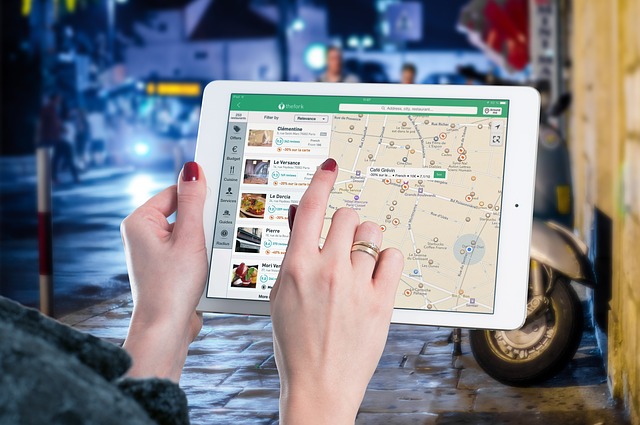The Future of Housing
Housing that is not only high quality but also affordable can be hard to come by these days, so where do eco houses fit in when it comes to both developed and developing markets?

Building a sustainable, energy efficient house and living in tune with the environment is becoming a part of our “go green” mentality and every self-respecting architect will gladly embrace the idea of building eco-friendly houses while using an array of new technologies. ‘It’s a fascinating time,” says Montreal architect Danny Pearl of the firm L’OEUF, and we can all agree this simple statement manages to perfectly outline the future of housing.
Luxury homes or mansions don’t fall behind when it comes to being eco-friendly, although packing a large estate with solar panels and geothermal energy is somewhat criticized as a “greenwashing” practice.
As the person most interested in having an energy efficient house, a homeowner can take advantage of sustainable technologies and do something meaningful for the planet by reducing its carbon footprint, lowering its energy needs, saving water or cutting down waste and recycling. Some of the most obvious steps to take when turning your house into a “green” one include using eco-friendly materials and techniques, as well as technological innovations.
Solar panels, geothermal heating or high efficiency lighting are amongst the most popular items used in an environmentally low-impact house. Living in a rural area can also provide enough outside space to install a wind turbine for when is wind, or a battery if that’s not an option.
The European Union and European Regional Development Funds have also taken important steps to support renewable energy and energy efficiency through an European project called ECOHOUSING, implemented within the Central Baltic Region, in three partner states: Finland, Estonia and Latvia.
The goal of the project is to increase the use of high efficiency heating systems and to expand the use of energy efficient domestic appliances and locally produced biofuels. Within the framework of the project partners are collecting information about biomass heating technologies (boilers, stoves, burners), made for woody biomass and/or other forms of bioenergy.
Studies have shown that green homes are often more expensive, due to the positive impact over time of energy efficiency and other sustainability features. Researchers have also found an interesting phenomenon they’ve called the “Prius effect”. In other words, in areas where the percentage of hybrid-auto registrations in local ZIP codes is higher, buyers seem to be more willing to pay extra for green-certified houses than buyers in areas where hybrid registrations are lower.
The intensity of consumer sentiment in support of conservation, energy efficiency and sustainability is a strong factor when deciding to pay premium for an eco-friendly house, or for a somewhat more accessible electric car. As the effects of pollution and climate change are strongly felt across the world, it seems like both governments and individuals are beginning to take the task of protecting the environment much more seriously. And although some of us don’t yet realize the impact of man-made carbon emissions, or don’t have the possibility to turn their house into an eco-friendly one, eco homes seem to be the future of housing.
